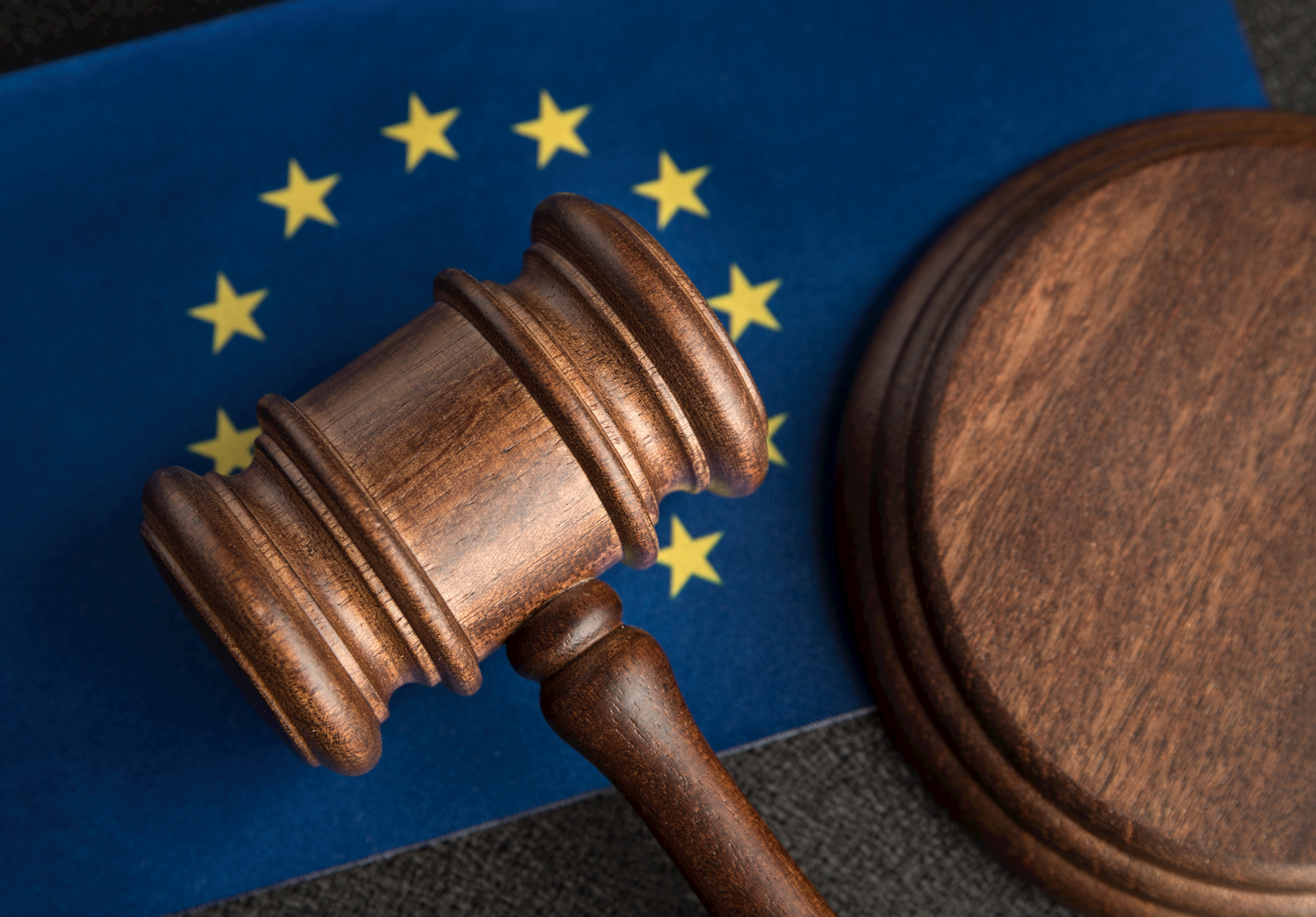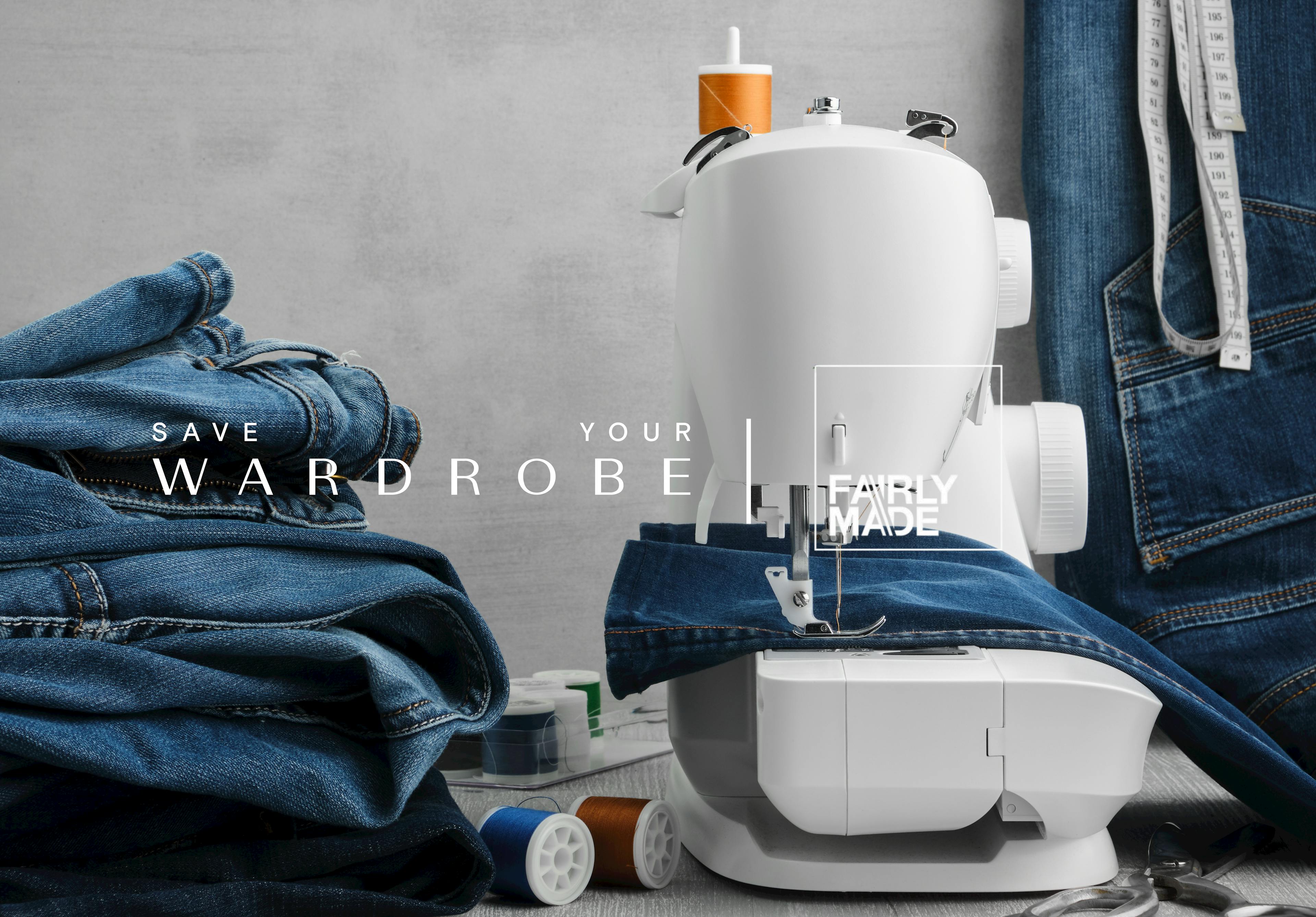
Compliance to Capability: How EU Regulations Are Redefining Luxury Aftercare and Creating Opportunities
Across Europe, sustainability is moving from intention to implementation. With new regulations coming into effect, particularly in France and across the EU. Brands are being held accountable for the full lifecycle of their products. But this shift isn’t just about compliance. For forward-thinking brands, it’s an opportunity to embed circularity into their core offering and turn care into a strategic asset.
What’s Coming Into Effect: From Policy to Practice
France and the EU are setting the tone for a more responsible industry with policies that prioritise durability, repairability, and transparency:
- France’s Repairability Index: Expanding from electronics to textiles, requiring brands to display repairability scores at the point of sale.
- EU Strategy for Sustainable and Circular Textiles: By 2030, under the EU Strategy, all clothing placed on the market will be required to be durable, repairable, and recyclable.
- Digital Product Passports (DPPs): Digital Product Passports will store traceability data and care instructions, enabling more informed consumer choices.
- Extended Producer Responsibility (EPR): Holds brands accountable for post-consumer waste, encouraging investments in repair, recycling, and circular infrastructure.
Why This Matters: Regulation Meets Readiness
This shift toward circularity isn’t happening in isolation, it’s answering a real demand.
According to a Eurobarometer survey, 77% of EU citizens would rather repair products than buy new ones, and 79% believe manufacturers should be legally required to make repairs possible.
This convergence of regulation and consumer demand is pushing brands to rethink aftercare not as an add-on, but as a core driver of trust, loyalty, and sustainable growth.
Where Save Your Wardrobe Comes In: Making Circularity Scalable
At Save Your Wardrobe, we help brands turn these legal shifts into long-term value, both for business and the planet.
For brands and retailers:
- Seamlessly integrate repair and care into every post-purchase touchpoint, efficiently and cost-effectively.
- Manage EPR-compliant services (alterations, repairs, cleaning, restoration) through one integrated dashboard.
- Generate custom impact reports for ESG teams, ready for presentations and regulatory compliance.
- Digital Product Passport integration-ready to future-proof operations.
For consumers:
- Effortless wardrobe tracking, repair, and management
- Local service bookings made easy, from hems to deep cleans
- Access to care solutions via partner platforms like Maje, Sandro, and Bicester Village
Ready to turn regulation into retention?
As 2030 targets draw closer, care and repair will no longer be optional. Brands that act early, embedding compliance into customer experience will be the ones to lead. From Digital Product Passports to mandatory repair scoring, the rules are evolving. But the real differentiator will be how seamlessly brands can integrate these services into the everyday lives of consumers.
At Save Your Wardrobe, we see legislation not as a burden, but as a springboard for innovation, relevance, and measurable impact. Our platform transforms regulatory compliance into real business opportunity, making it easy to embed aftersales services that align with both policy and consumer demand.
Get in touch with Save Your Wardrobe to explore how our One Click Repair solution can help your brand lead with circular services that are scalable, customer-centric, and future-proof.





